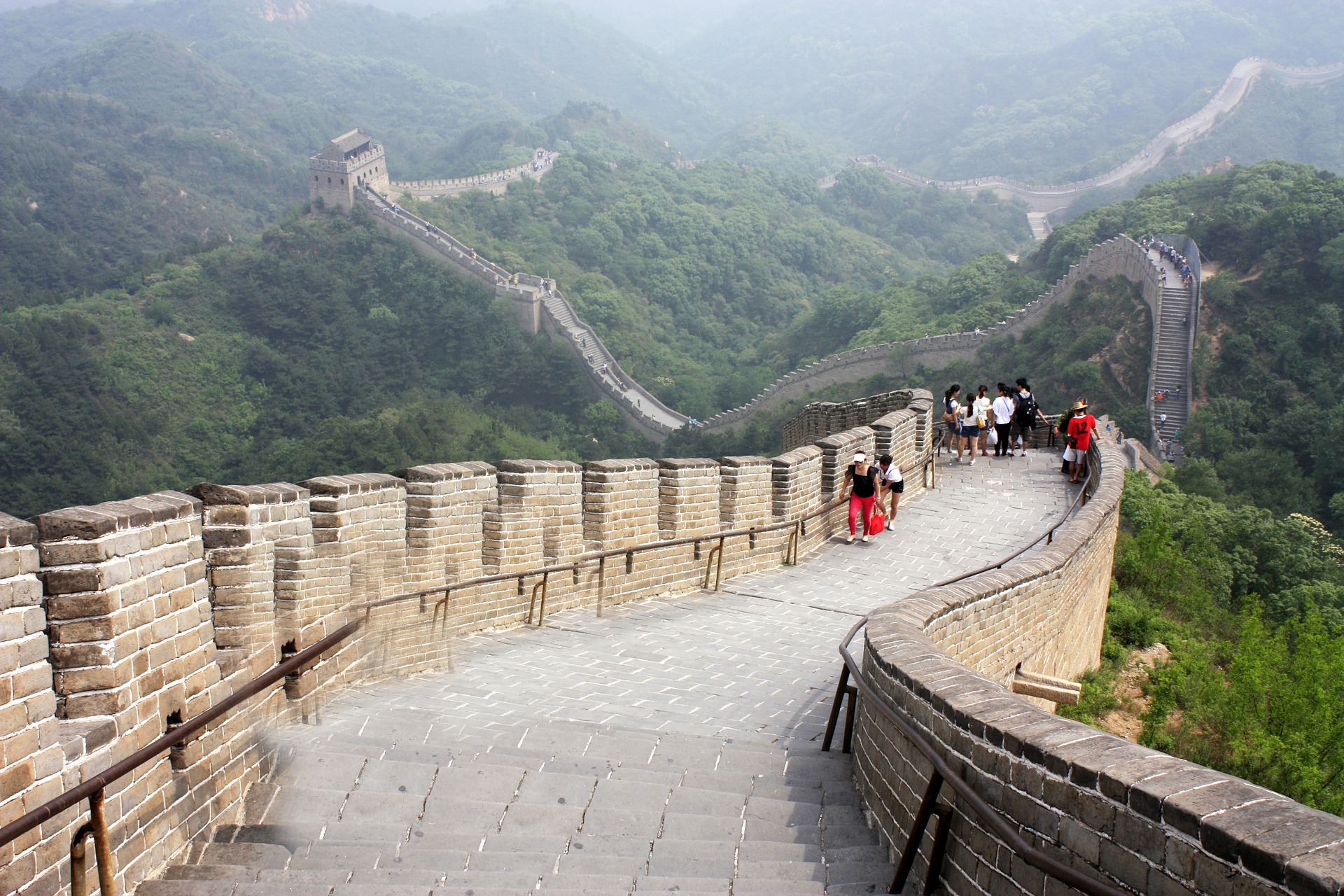The city of Rongcheng is one of three dozen places in China with social credit score experiments.
On the city’s “Civilized Families” billboards, you could have seen the woman who cared for her dead husband’s bedridden mother. I suspect she gave her social credit score a big boost by insisting that her mother-in-law live with her when she remarried.
A “civilized families” billboard:
So yes, today we are returning to China’s social credit score initiative because there is more to tell.
The Rongcheng Social Credit Score System
Rongcheng’s residents go to the Social Credit Management Office on the second floor of city hall to hear their credit score. Although it is recorded by government, the score reflects what public and private groups have reported. While grades range from triple A to D, most people have an A.
This is the citizen’s office:
Your score starts with 1000 points. Then a traffic ticket pulls you down to 995, a heroic act adds 30, and drunk driving means an automatic C. While the specific criteria vary, they all relate to integrity, virtue, and trust.
Your scores do affect your life. For a good grade you get perks and for bad ones, punishments. A rental bike can be deposit free with no charge for the first 90 minutes if your score is high. Also you could get more favorable treatment for a loan and a heating bill discount. On the other hand, low scores could prevent you from using a high speed train or borrowing money.
In Rongcheng, people talk about the good side of the system. They tell of cars stopping at crosswalks. They say “people are behaving better.” Having gotten used to the program, they worry less about it.
Our Bottom Line: A Mixed Economy
China’s social credit initiative has been described as a response to unfettered capitalism. Businesses were producing counterfeit and unhealthy products. Individuals were engaging in dishonest activities. Government officials needed more control. Their solution is a 2014 document called “Planning Outline For the Construction of a Social Credit System.” Its goal? To “allow the trustworthy to roam everywhere under heaven while making it hard for the discredited to take a single step.”
In an academic paper, China’s social scoring plans are described as an “ecosystem.” Neighborhood committees, local municipalities, government ministries, and businesses all participate. While the list of groups is long, their objectives are the same. Each selects criteria that relate virtue and honesty. Then government combines the results.
Here, as economists, we can return to the three basic kinds of economic systems. We have tradition where people pass down their roles from generation to generation. With the market, consumers and businesses respond to supply and demand incentives. And, through central planning, one group decides how goods and services will be produced and distributed.
Textbooks can name the three systems but when we look around the world, we see combinations of all three. In China, we see a mixed economy where government will use a social credit score to constrain Adam Smith’s invisible hand.
My sources and more: Dry but much more nuanced than media reports, this academic paper conveys a good understanding of China’s social credit plans. From there, for the human side and mind-boggling examples, I recommend BusinessInsider and Foreign Policy.








